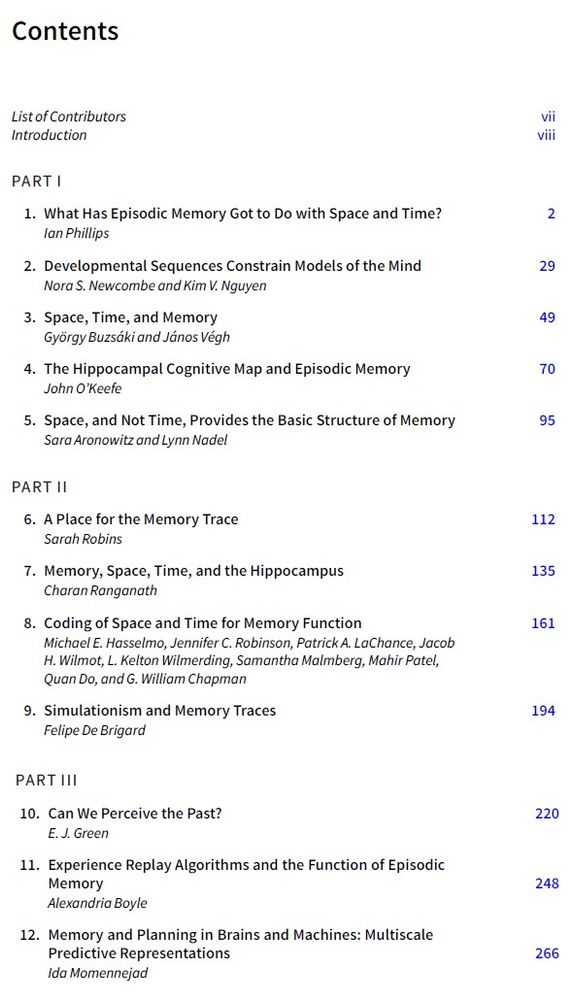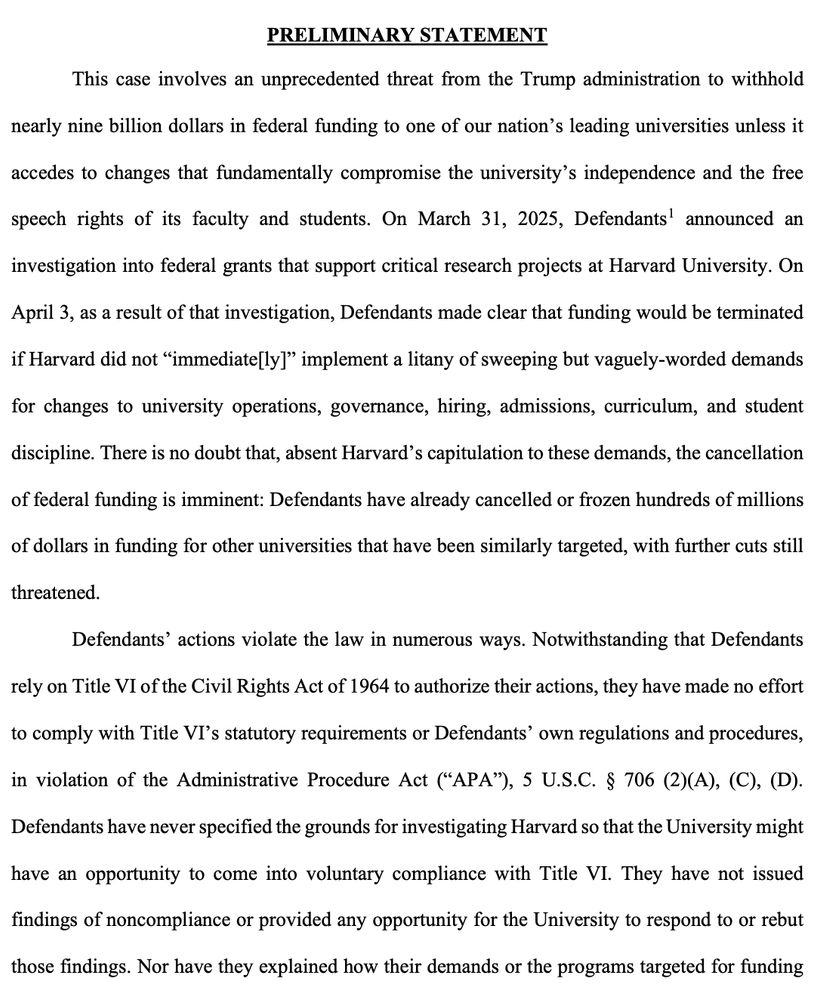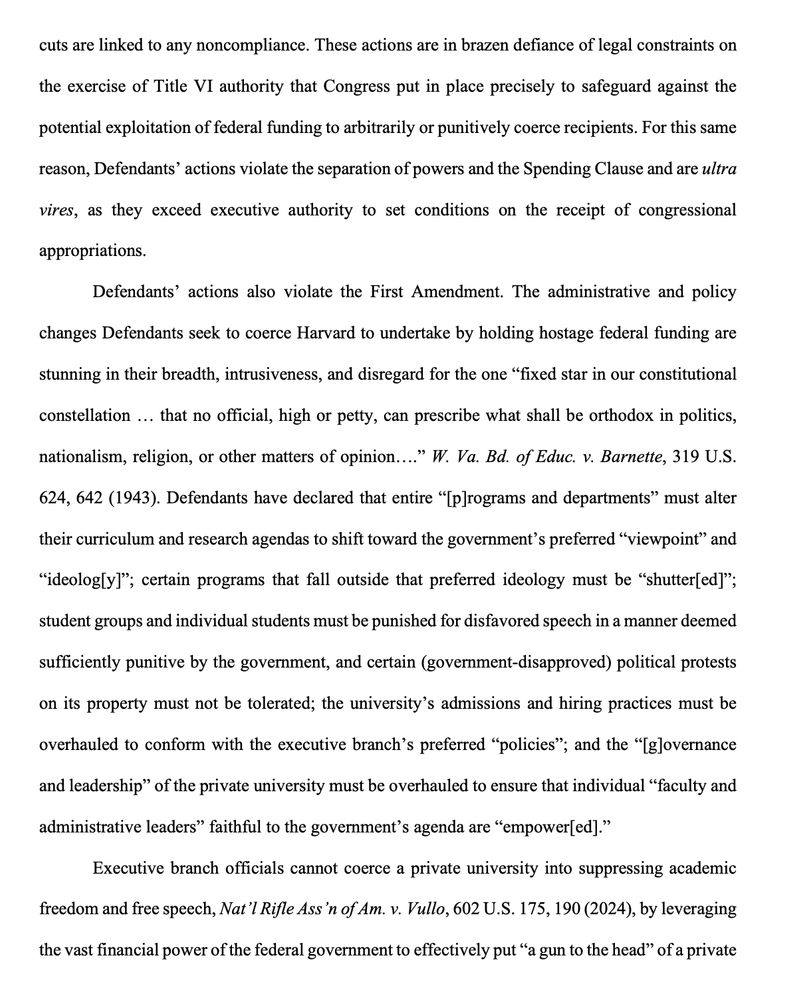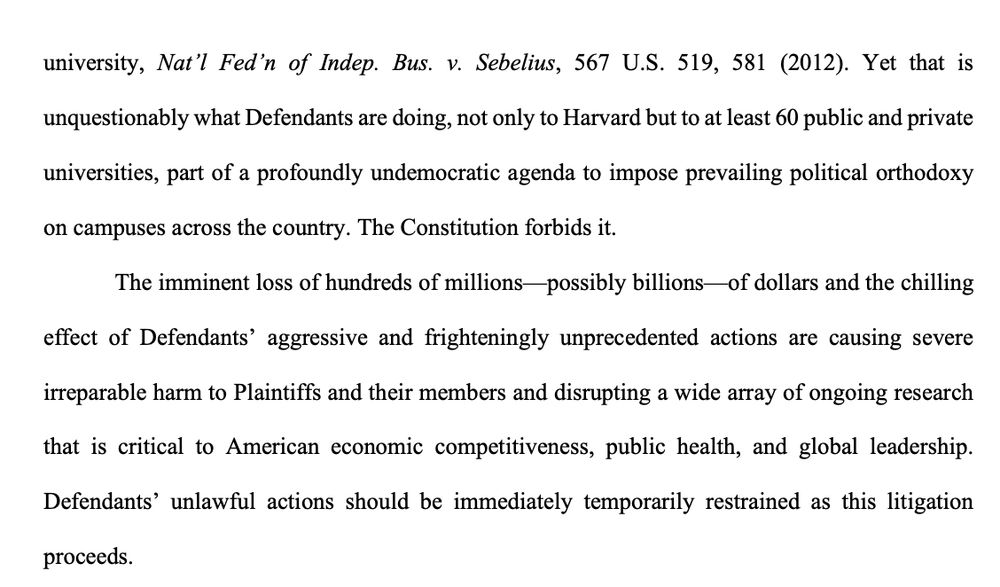
https://sites.google.com/view/rezahadisi
philosophy.utoronto.ca/event/global...
(zoom link available)

philosophy.utoronto.ca/event/global...
(zoom link available)
journal.lib.uoguelph.ca/index.php/nn...
It has taken a long time to bring into being, but it has some excellent articles, some original new translations, along with interesting discussions of those translations.
#philsky
journal.lib.uoguelph.ca/index.php/nn...
It has taken a long time to bring into being, but it has some excellent articles, some original new translations, along with interesting discussions of those translations.
#philsky
Postdoc: ats.talentadore.com/apply/postdo...
Doctoral student: ats.talentadore.com/apply/doctor...

Postdoc: ats.talentadore.com/apply/postdo...
Doctoral student: ats.talentadore.com/apply/doctor...
www.historyofphilosophy.net/philosophy-w...
#philsky #philosophy #globalphilosophy
www.historyofphilosophy.net/philosophy-w...
#philsky #philosophy #globalphilosophy
#Philosophy #philsky #GlobalPhilosophy
philosophy.utoronto.ca/event/global...

philpapers.org/rec/HADIAI

philpapers.org/rec/HADIAI
philosophy.utoronto.ca/event/toront...

philosophy.utoronto.ca/event/toront...




www.historyofphilosophy.net/mohism-relig...
#mohism #chinesephilosophy #philsky

www.historyofphilosophy.net/mohism-relig...
#mohism #chinesephilosophy #philsky

dailynous.com/2025/04/29/k...

dailynous.com/2025/04/29/k...
jobs.ruhr-uni-bochum.de/jobposting/1...

jobs.ruhr-uni-bochum.de/jobposting/1...
(see the bottom left here: sites.google.com/view/globalp...)
#Philosophy

(see the bottom left here: sites.google.com/view/globalp...)
#Philosophy
actionnetwork.org/user_files/u...



actionnetwork.org/user_files/u...

Kara Richardson: Avicenna on the Principle of Sufficient Reason and the “Same Cause-Same Effect” Principle
Abstract & Zoom info: philosophy.utoronto.ca/event/global...

(And the class may end up being shallow)
(And the class may end up being shallow)
Details here: sites.google.com/view/globalp...

Details here: sites.google.com/view/globalp...
Kara Richardson: Avicenna on the Principle of Sufficient Reason and the “Same Cause-Same Effect” Principle
Abstract & Zoom info: philosophy.utoronto.ca/event/global...

Kara Richardson: Avicenna on the Principle of Sufficient Reason and the “Same Cause-Same Effect” Principle
Abstract & Zoom info: philosophy.utoronto.ca/event/global...




